3 Things Roofing Contractors Want You to Know
Roofing is a critical component of any home or building structure, yet it's often overlooked by property owners. This article outlines important insights that roofing contractors wish all clients knew, helping you make informed decisions and avoid costly mistakes. A proactive approach can save property owners from unexpected issues and enhance the roof's performance. Understanding common roofing practices and their importance will give you a competitive edge in maintaining your property. By the end of this article, you'll gain valuable knowledge to address various aspects of roofing effectively.
1. The Importance of Regular Maintenance
1.1. Extend Roof Lifespan
Regular maintenance can extend your roof's lifespan significantly. By scheduling routine checks, minor damages can be repaired before they worsen, thus prolonging the roof’s life. Regular maintenance is an investment that reduces the frequency of replacements. This proactive approach can lead to substantial financial savings over time. The cost of maintaining a roof is usually far less than the expense involved in major repairs or replacement.
1.2. Identify Minor Issues Early
Routine inspections help identify minor issues early, such as small leaks or missing shingles. Catching these problems early prevents larger, more expensive repairs later on. By addressing minor damages, you preserve the integrity of the roof structure. Early detection of issues is a crucial part of maintaining the property's overall health. Regular maintenance thus acts as a form of preventive care for your roof.
1.3. Maintain Warranty Validity
Many roofing warranties require regular maintenance to remain valid. If you neglect routine checks, it could void your warranty and make you liable for repair costs. Ensuring that maintenance is documented can be a safeguard when filing warranty claims. This makes it crucial to maintain a record of all inspections and repairs carried out on your roof. Thus, regular maintenance plays a dual role in preserving both the roof and the protection provided by warranties.
1.4. Prevent Water Damage
Proper maintenance is essential to prevent water damage, which can lead to serious issues like mold and mildew. A well-kept roof with no leaks will keep water from seeping into your home's interior. This is particularly important for older roofs, which may be more susceptible to leaks. Water damage not only affects roofing materials but can also compromise the structural integrity of your property. Investments in maintenance are far preferable to dealing with the structural complications arising from water ingress.
1.5. Improve Energy Efficiency
Maintaining an intact roof can improve your home's energy efficiency. Issues like cracks or poor insulation can lead to higher energy bills due to heat loss. A well-maintained roof ensures better temperature regulation, reducing the strain on heating and cooling systems. This not only improves comfort but also decreases energy consumption, resulting in lower utility costs. Regular roof checks are therefore integral to maintaining an energy-efficient property.
2. Understanding the Best Materials for Your Climate
2.1. Assessing Durability Needs
Choosing the right roofing materials is crucial, particularly in relation to your local climate. Materials should be able to withstand unique local weather conditions, such as heavy snowfalls or intense summer heat. For instance, metal roofing could be ideal for snowy regions due to its durability and ability to shed snow effectively. In contrast, clay or concrete tiles might be more suitable for hotter climates due to their insulating properties. Ultimately, the chosen materials need to balance aesthetic preferences and the ability to endure local weather conditions.
2.2. Material Options and Preferences
There is a wide range of materials available, each with its own benefits and drawbacks. From asphalt shingles to metal, clay tiles, and even green roofing options, choices abound to match architectural styles and functional needs. Homeowners often base their material choice on a combination of factors, including cost, appearance, and longevity. Innovative materials are also rising in popularity as they offer benefits such as sustainability or enhanced durability. Choosing the ideal material involves not just a cost-benefit analysis but also a personal preference evaluation.
2.3. Weight and Structural Considerations
Materials vary significantly in weight, which adds another layer to your decision-making process. Heavier materials like slate or concrete tiles require a structurally sound building frame for support. Before choosing these materials, consider whether your existing roofing structure can accommodate the additional weight. Consulting a structural engineer or a professional roofer can help you determine what your roof can support. Decisions about roofing materials must take into account not just aesthetics but also the structural capacity of the existing framework.
2.4. Impact of Weather Conditions
Understanding how different materials react to local weather conditions is critical. Some materials are more resistant to wind, while others excel in repelling water or insulating against extreme temperatures. These considerations are vital in areas prone to storms, hurricanes, or regular weather variations. Roofing that fails to engage with local conditions can require more maintenance and incur higher costs over time. Therefore, an accurate assessment of your climate's demands is necessary to make an informed material choice.
2.5. Long-Term Cost Implications
Long-term considerations encompass both regular maintenance and potential replacement. Some roofing materials may seem costly upfront, but offer better long-term savings due to their durability and minimal maintenance requirements. For example, metal roofs carry a higher installation cost but last significantly longer than asphalt shingles. The long-term financial implications are just as important as the initial purchase decisions. Anticipating future costs can guide your present choice, ensuring sustainable and economic roofing solutions.
3. Ensuring Proper Installation
3.1. The Role of Experience and Expertise
Hiring experienced roofing contractors is crucial for quality installation. Professional contractors have the necessary skills and knowledge, minimizing risks of improper installation. Expert installation influences not only the immediate appearance but also the longevity and endurance of your roof. Contractors with specialized skills ensure that materials are adequately handled and fitted as per manufacturer guidelines. According to LLC Buddy, in North American roofing projects, roofing replacements account for 94% of the overall volume and 91% of the value. By choosing a reputable contractor, you lessen the risk of installation errors that could compromise the integrity of your roof.
3.2. Importance of Following Manufacturer Guidelines
Adhering to manufacturer guidelines is essential for upholding a roof's warranty and ensuring performance. These guidelines offer important details on correct installation methods to avoid premature wear and tear. Failure to align with these recommendations can void warranties and result in costly repairs down the line. Following these guidelines also helps in maximizing the efficiency and lifespan of roofing materials. Therefore, ensuring your contractor pays strict attention to such details is an imperative part of the installation process.
3.3. Potential Pitfalls and Mistakes
Awareness of common installation mistakes can prevent future issues and cost overruns. Issues such as improper nailing, lack of ventilation, or inadequate flashing can result in disastrous roof failures. These issues often arise when contractors rush or overlook fundamental installation steps. Identifying these potential pitfalls in advance allows contractors to focus on delivering a successful roofing project. Engaging with experienced professionals helps in navigating these challenges, ensuring a high standard of work is maintained throughout.
Being well-informed about roofing processes, materials, costs, and contractor selection can significantly impact the success of your roofing projects. By considering the insights shared by professional contractors, you'll be better equipped to maintain and protect one of the most crucial components of your property. The knowledge gained here empowers homeowners to maximize the longevity and performance of their roofs, while also managing costs and expectations effectively. Remember, proactive and thorough approaches remain the most effective tools in safeguarding your property investment. Adept handling of roofing challenges ensures enduring structural integrity and a cohesive partnership with roofing professionals. Be sure to reach out to Credible Exteriors & Renovations today for more information on our professional roofing contractors!
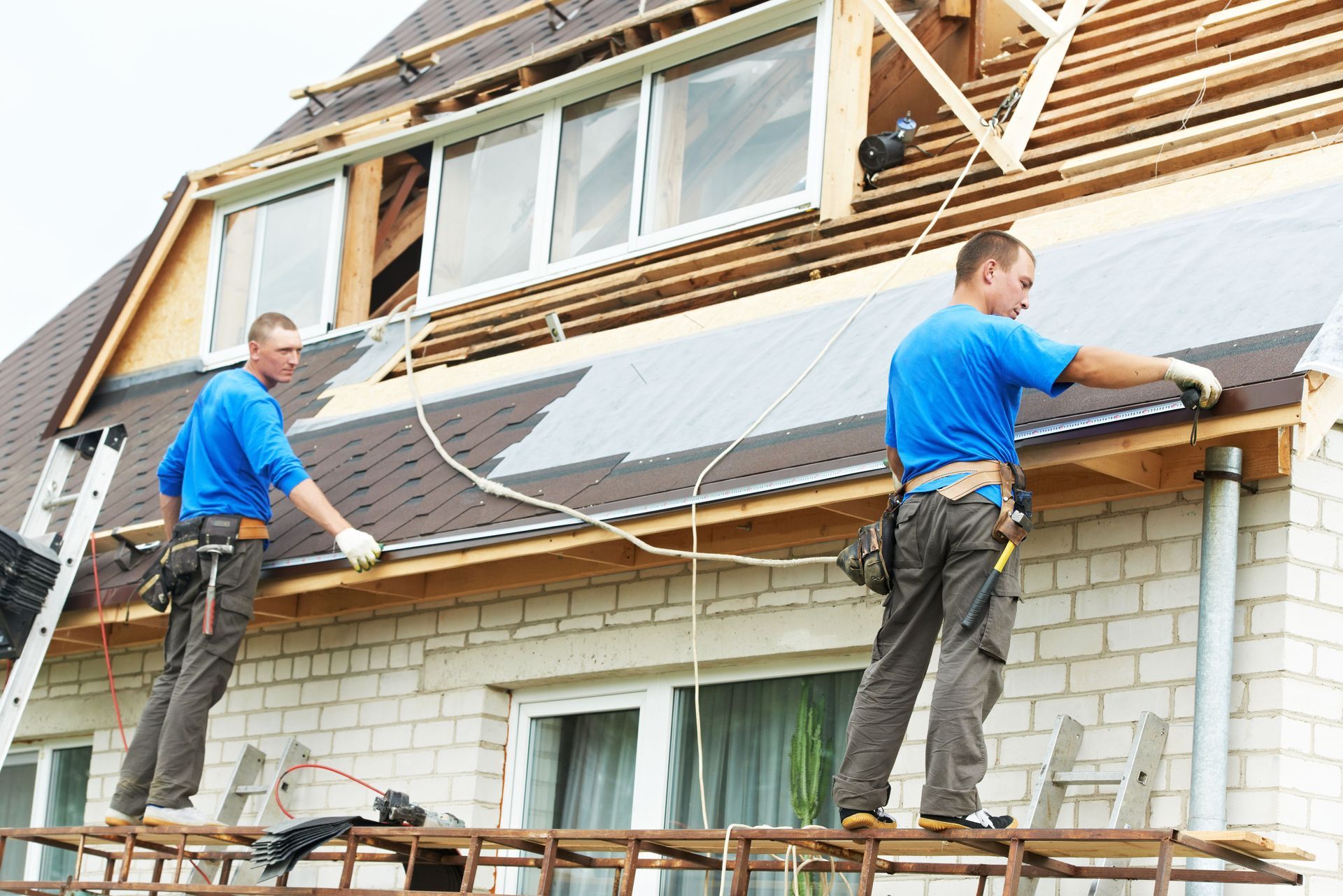
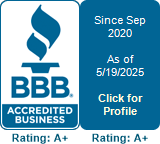

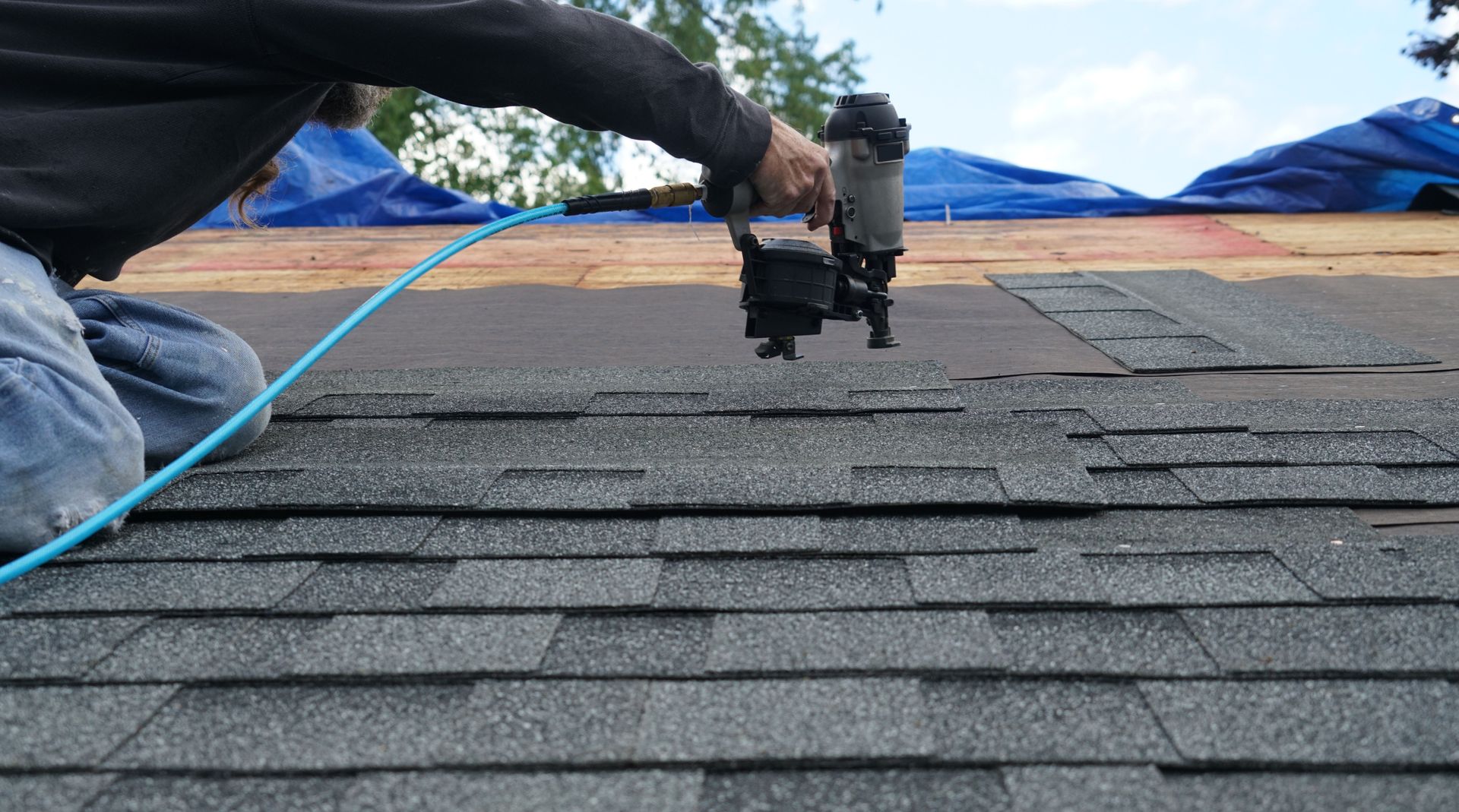
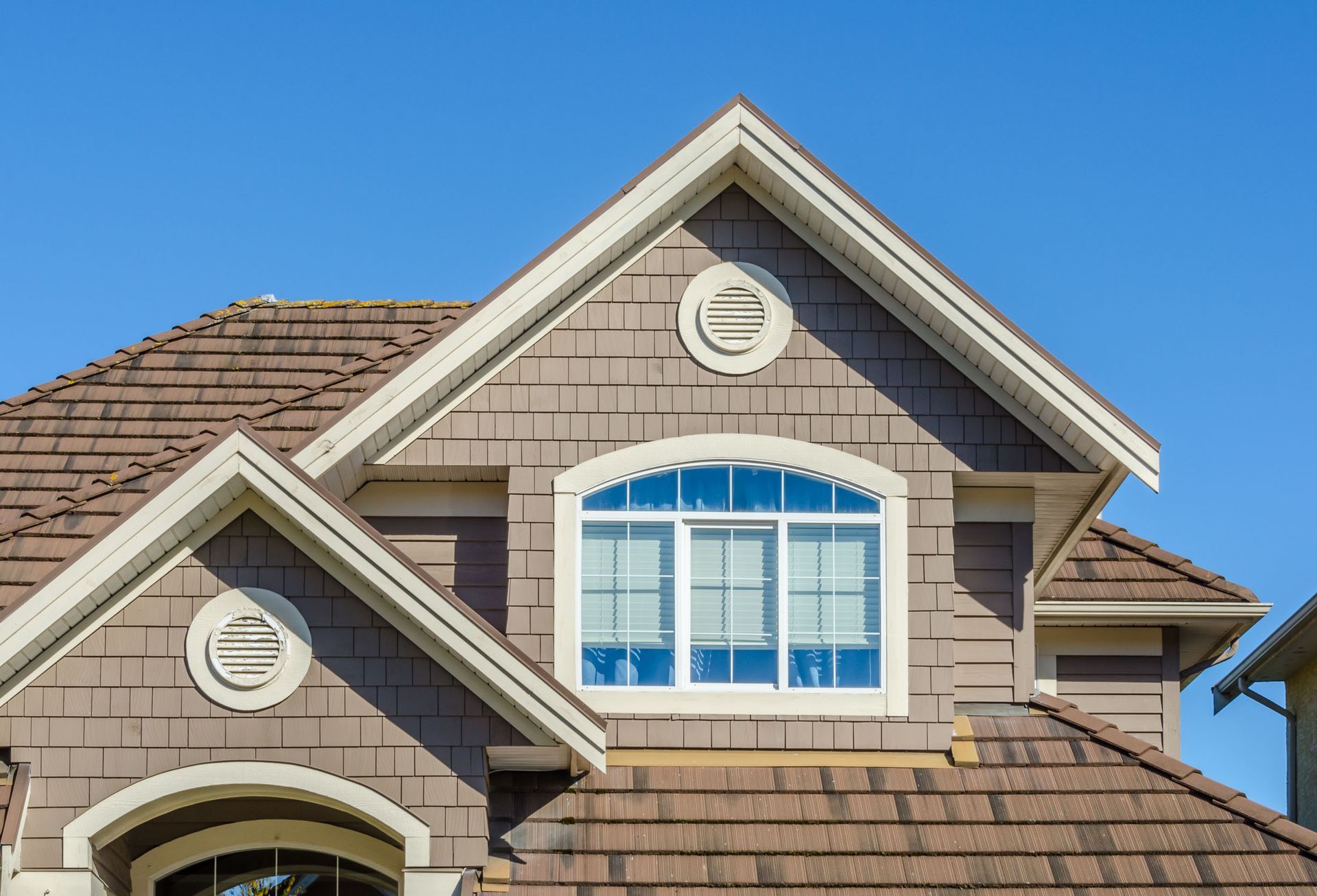
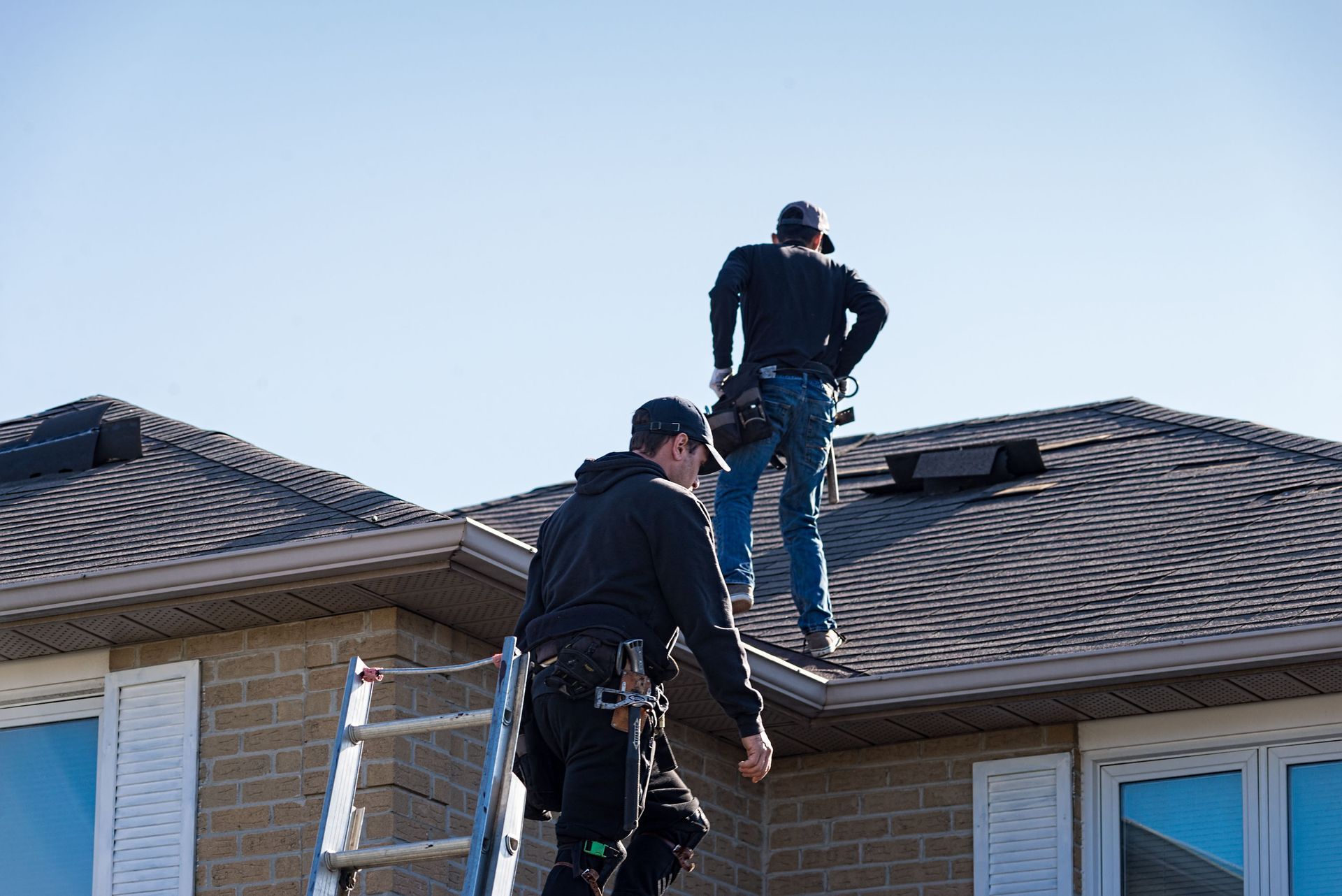
Share On: